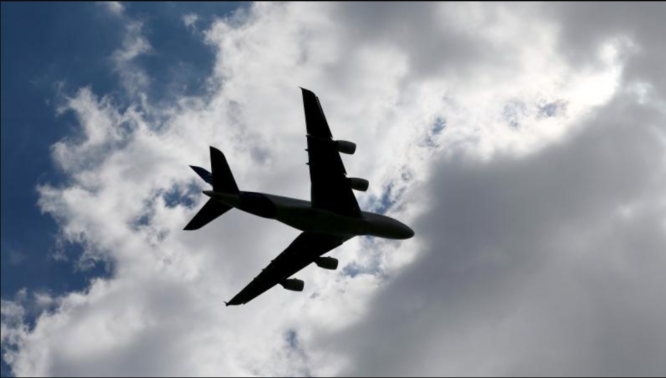NEPC Airlines, Damania Airways, Jet Airways (NS: JET), Kingfisher (LON: KGF), Deccan Aviation, and Paramount Airlines all share a common characteristic. These and several other airlines took off quickly, only to crash land or be acquired by others.
Well, the history of the Indian private airline industry is littered with numerous airways lifting off and making emergency landings while continuing to operate.
The list of failed full-service and low-cost airlines in India is lengthy, and the primary cause was a financial crisis caused by multiple factors. Several of these airlines were promoted by prominent industrialists and/or industrial groups.
Go Airline (India) Limited is the most recent airline to find itself in a financially unstable situation.
According to Go Airline, this is “…due to the increasing number of faulty engines supplied by Pratt & Whitney’s International Aero Engines, which has forced Go First (airline brand) to ground 25 aircraft (equivalent to approximately 50 percent of its Airbus A320neo aircraft fleet) as of May 1, 2023.”
Go Airlines (India) Limited, India’s third largest airline, petitioned the National Company Law Tribunal (NCLT) for resolution under Section 10 of the Insolvency Bankruptcy Code (IBC) on Tuesday, when nearly half of its A320neo fleet was suspended.
Pratt & Whitney, the exclusive engine supplier for Go Airlines’ Airbus A320neo fleet, allegedly refused to comply with an award issued by an emergency arbitrator appointed in accordance with the 2016 Arbitration Rules of the Singapore International Arbitration Centre (SIAC).
According to a news report, Go Airlines has filed a lawsuit against Pratt & Whitney in a United States court.
The airline stated that it has resorted to NCLT despite the proprietors injecting Rs 3,200 crore into the airline in the last three years, including Rs 2,400 crore in the last 24 months and Rs 290 crore in April 2023 alone.
Since the airline’s inception, its promoters have invested approximately Rs 6,500 crore.
The airline has also received significant support from the Emergency Credit Line Guarantee Scheme of the Indian government, the corporation said.
The grounding of close to fifty percent of its A320neo fleet as a result of the serial failure of Pratt & Whitney engines has cost the airline Rs 10,800 crore in lost revenue and additional expenditures.

In addition, the airline has paid Rs 5,657 crore to lessors over the past two years, of which Rs 1,600 crore was paid towards lease rent for non-operational suspended aircraft using funds from the promoters and the Emergency Credit Line Guarantee Scheme of the Government of India.
In the SIAC arbitration, Go Airlines sought approximately Rs 8,000 crore in compensation for these (and other) losses.
However, many of these airlines that took off, merged, or crashed were promoted by prominent industrialists and industrial groups.
Kingfisher Airlines, for instance, was founded by Vijay Mallya, and the NEPC Airline was established by the Chennai-based NEPC Group, which had amassed enormous profits from the sale of wind turbines. The NEPC group also ventured into the pharmaceutical and textile industries.
ModiLuft, founded in 1993 by S.K. Modi in technical partnership with Lufthansa, Germany, was one of the earliest private airlines to launch operations after the Indian government deregulate the sector.

Launched in April 1993 by industrialist S.K. Modi in technical cooperation with the German flag carrier Lufthansa, ModiLuft was one of India’s earliest post-deregulatory airlines. Later, the two corporations fell out, and the airline was grounded while SpiceJet (NS:SPJT) acquired its Air Operators Certificate.
Even the ownership of SpiceJet changed hands, from its original promoter Ajay Singh to media mogul Kalanidhi Maran and back to Ajay Singh.
Deccan Aviation, promoted by G.R. Gopinath, was another pioneering airline and low-cost carrier. The airline was subsequently amalgamated with Kingfisher Airlines, which incurred massive losses and went out of business in 2012.
Similarly, Jet Airways, which was founded in 1993, evolved to become one of India’s largest airlines. But price competition from new entrants caused Jet Airways to incur losses prior to ceasing operations in 2019.

